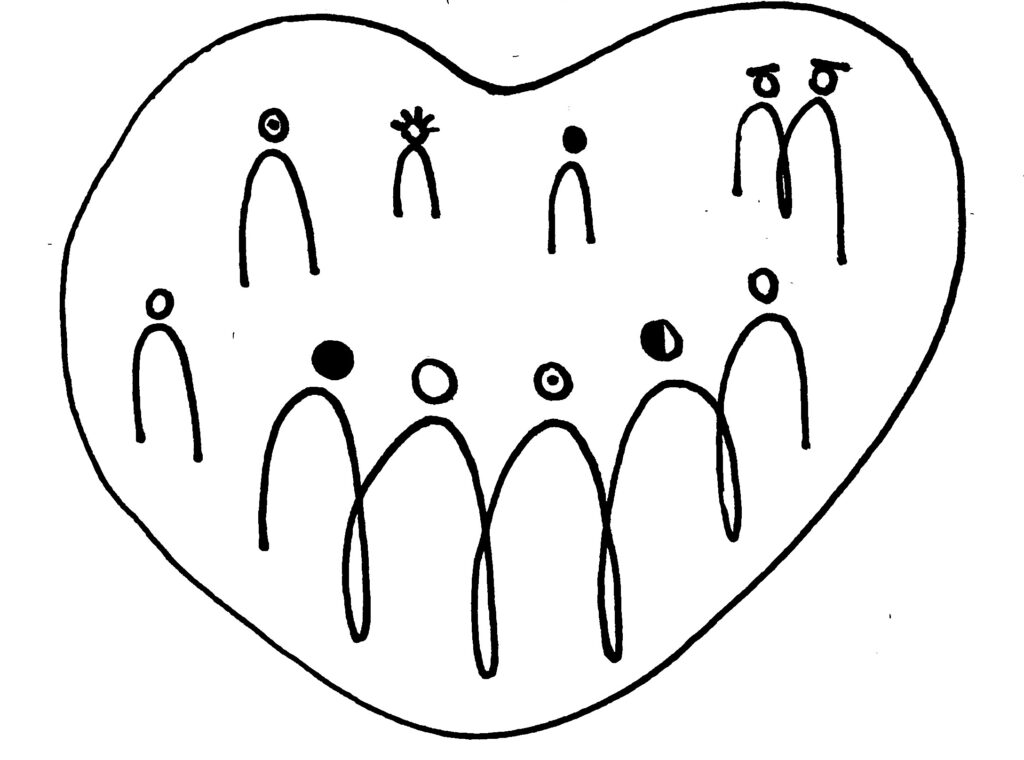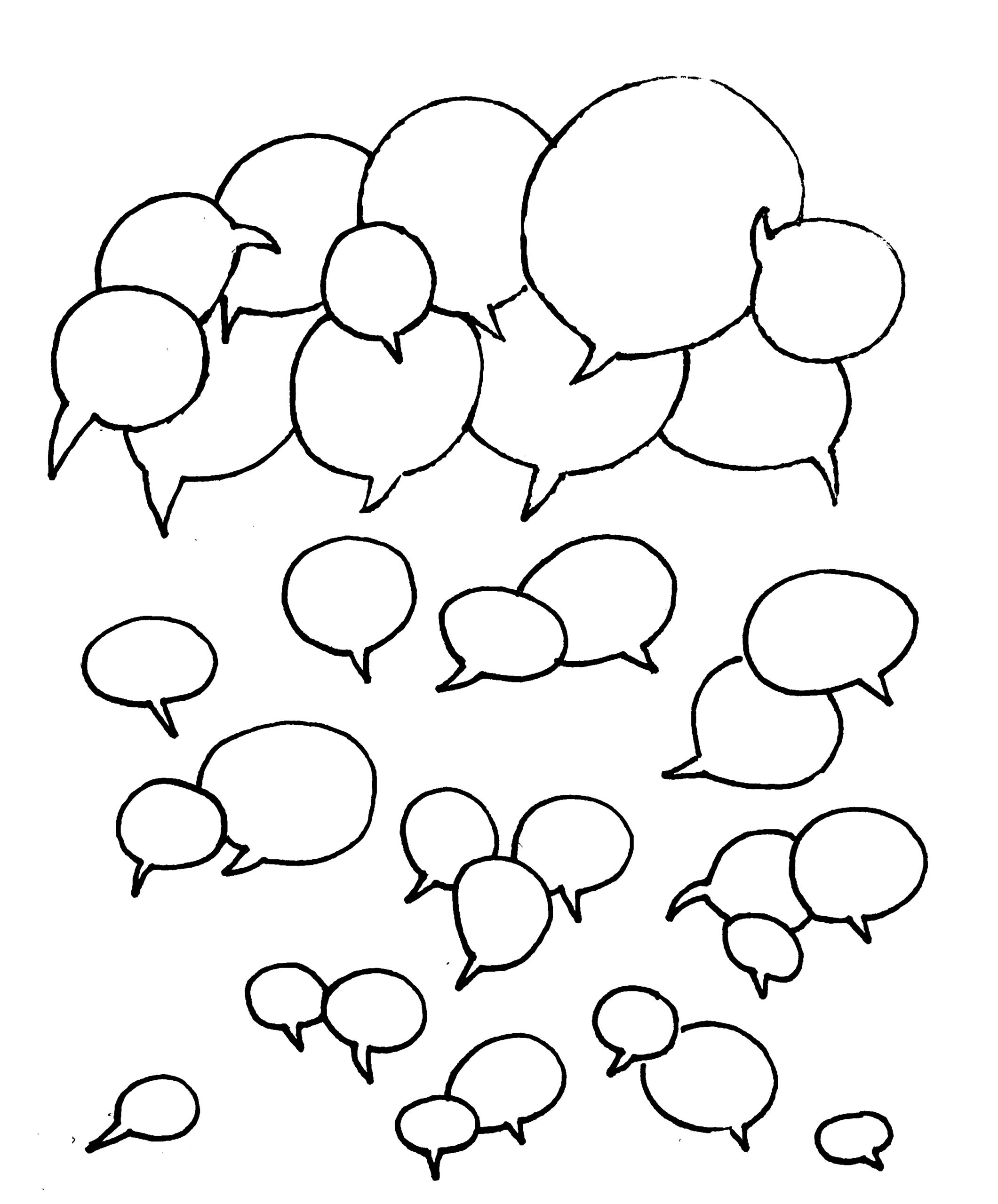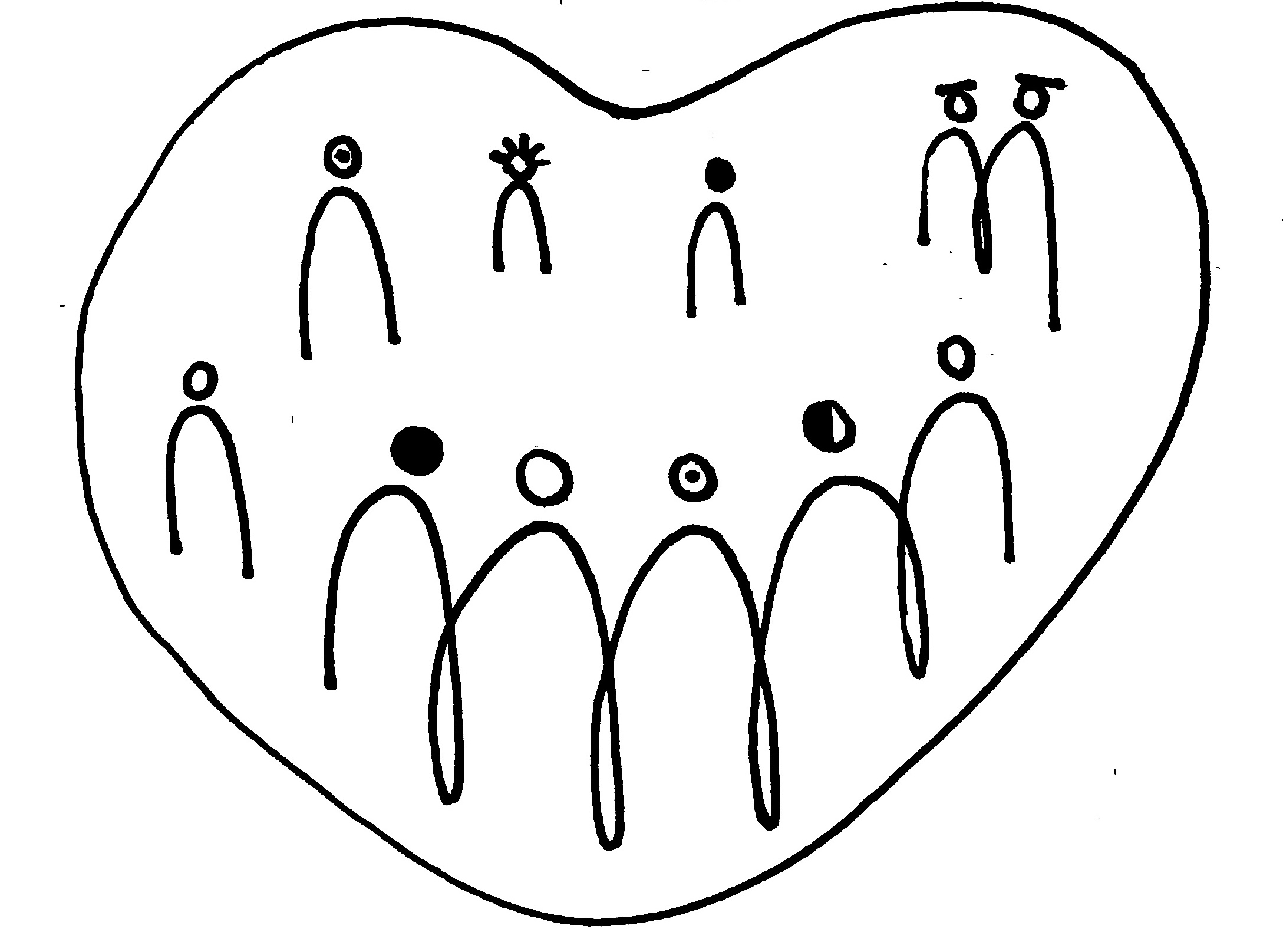How to ensure participation from marginalised groups as assembly members?

Climate Citizen Assemblies aim to be inclusive, yet barriers are hindering marginalised people from participating. While lottery procedures do invite randomly, it is usually more privileged people who respond, while less privileged tend not to. Barriers include scarcity of money and time, care obligations, accessibility, a lack of understanding about the functioning of an CCA, mis- trust in institutions, and the feeling that their voice won’t be heard anyway.
This (unintentional) perpetuation of marginalisation is all the more important given that people who are least responsible for climate change often suffer most from its impacts.
Inclusive and just climate solutions need to take into account the social marginalisation based on class, race, gender, ability, sexual orientation, and other intersecting facets of discrimination. The challenge is to address everyone in a way that takes into account their identities, needs and capabilities. Efforts to actively remove barriers can start with outreach procedures (aufsuchende Verfahren) and continue with the establishment of conditions within the assembly from the perspective of the most marginalized in order to truly include and represent the voices and experiences and needs of those most vulnerable and affected.
Example
— In CCAs (in the best case) everyone is entitled to participate equally, reflecting the commoning principle of open access. Exclusionary practices are minimized to ensure the process is inclusive and democratic. This can be achieved by:
— Others are the partnering with local organisation community groups and NGOs to reach marginalized populations → c.f. e.g. Launch of the Global Citizens’ Assembly for People and Planet — Iswe or the employment of outreach-based methods (“aufsuchende Verfahren”). The approach literally picks up those selected at their doorstep by visiting invited citizens who have not responded, since only through personal dialogue can the ‘silent groups’ be activated. The outreach lottery procedure has been employed by Es geht LOS, who have also developed the Es geht LOS-App
— A further option is the creation of spin- offs to CCAs for specific groups as seen in the Neu-Berliner:innenrat zum Klimaschutz (2024), which took place exclusively with new Berliners including newcomers to Berlin from Syria, Morocco, Iran, Afghanistan and Ukraine, who were selected at random to discuss the same questions as the participants of the Berliner Klimabürgerrat in 2022 in Arabic, Farsi, Ukrainian, German and English.
— An academic discussion can be found here: “How to constitute global citizens’ forums: Key selection principles,” by Dryzek and Niemeyer who propose five different kinds of selection that can allow for a varied kind of inclusivity: random, diverse, discursive, developmental, and affected that in combination can afford a more representative group of participants
Related Patterns
-

Future-Visioning
The statement “It is easier to imagine an end to the world than an end to capitalism” expresses how hard it is to imagine forms of society, which enable a…

